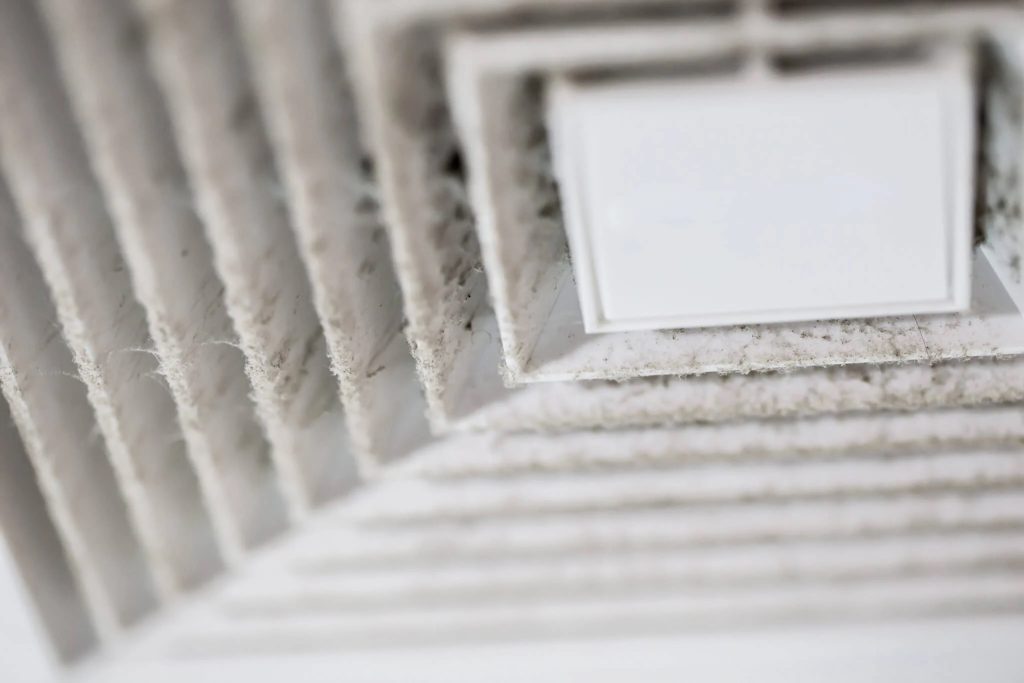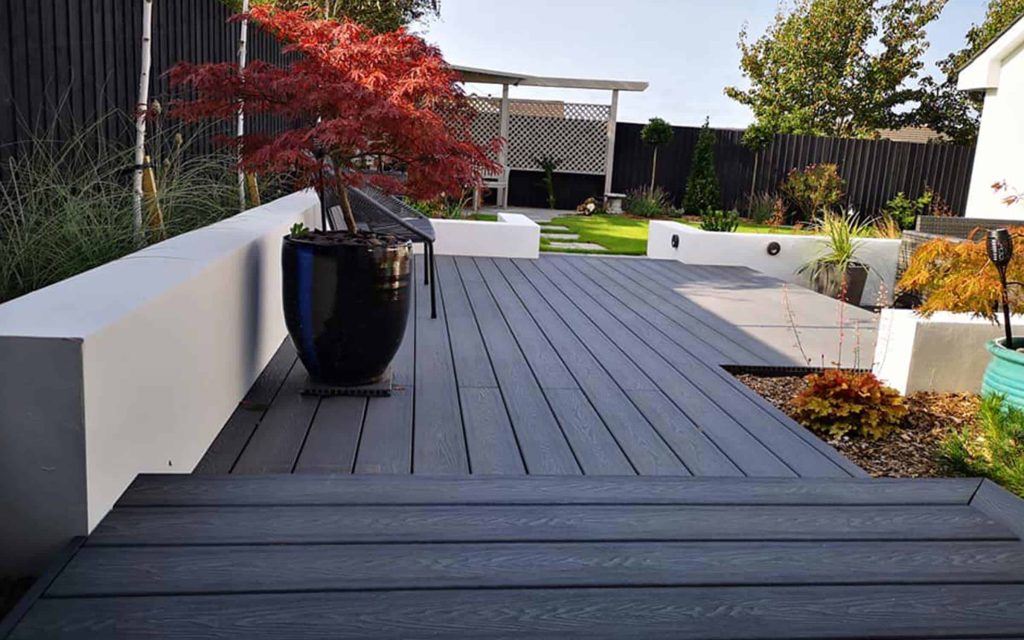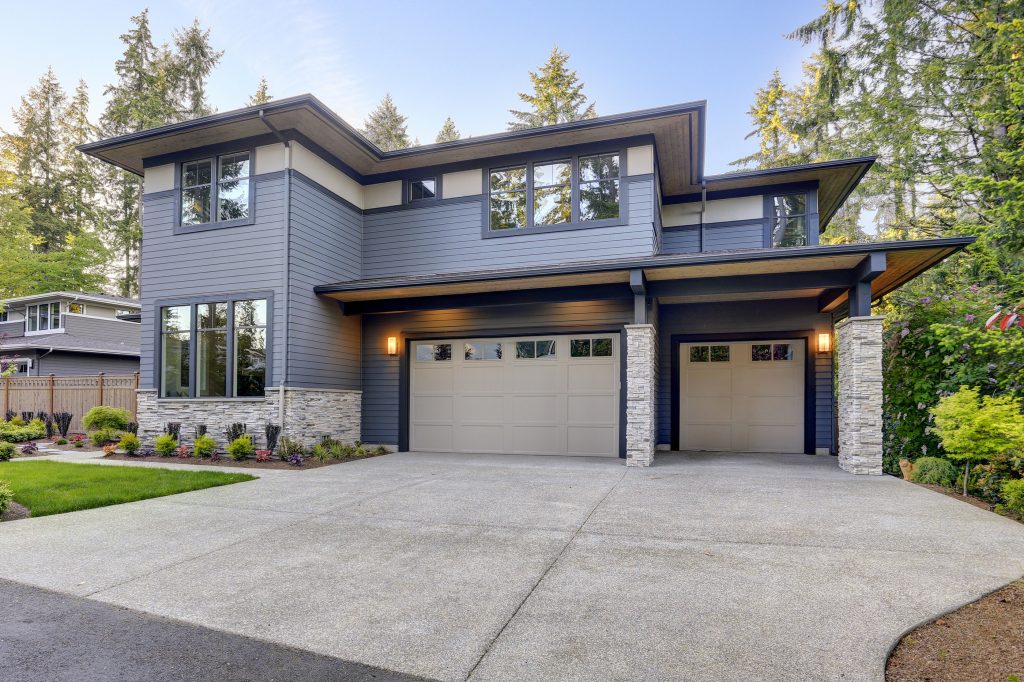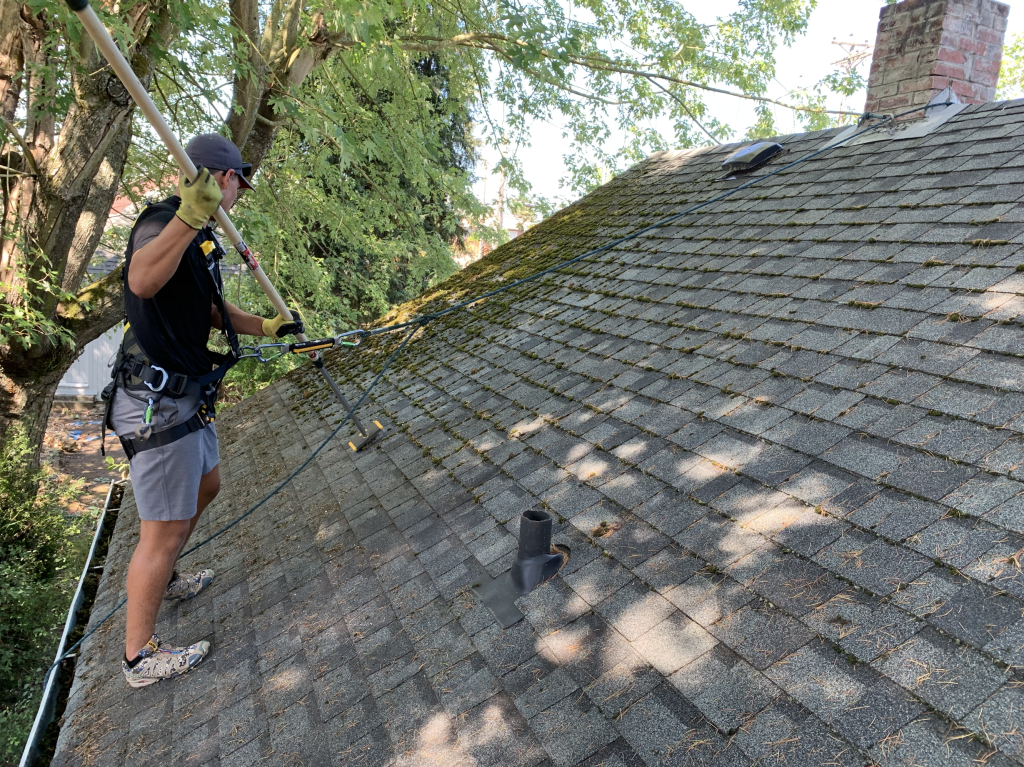Maintaining optimal performance of your HVAC Heating, Ventilation, and Air Conditioning system is essential for comfort, energy efficiency, and cost savings. To ensure your HVAC system operates at its best, follow these professional tips:
Regular Maintenance:
They can inspect, clean, and lubricate system components, ensuring everything functions smoothly. Regular maintenance can prevent costly breakdowns and extend the lifespan of your system.
Clean or Replace Air Filters:
Dirty or clogged air filters restrict airflow, causing your HVAC system to work harder and consume more energy. Check and replace your air filters every 1-3 months, depending on usage and filter type. This simple task improves air quality and system efficiency.
Check Thermostat Settings:
Program your thermostat for optimal temperature settings throughout the day. Lower the temperature in winter when you are away and raise it when you are home and read more. In summer, increase the temperature when you are not there. A programmable thermostat can help you automate this process.
Seal Leaks:
Inspect your home for air leaks around windows, doors, and ductwork. Seal any gaps to prevent warm or cool air from escaping and reduce the workload on your HVAC system. Proper insulation can also improve efficiency.

Clear Obstructions:
Ensure that vents, registers, and outdoor condenser units are free from obstructions like furniture, debris, or overgrown vegetation. Unobstructed airflow is crucial for efficient HVAC operation.
Maintain Ductwork:
Leaky or poorly insulated ducts can lead to energy loss. Have your ductwork inspected and sealed by a professional to prevent conditioned air from escaping into unconditioned spaces.
Monitor Refrigerant Levels:
In a central air conditioning system, improper refrigerant levels can reduce efficiency and cause damage. Schedule regular checks by a technician to ensure refrigerant levels are optimal.
Upgrade to Energy-Efficient Equipment:
Consider upgrading to ENERGY STAR-rated HVAC equipment if your system is outdated. These systems are designed for maximum efficiency and can significantly reduce energy consumption and operating costs.
Use Ceiling Fans:
Ceiling fans can help distribute air more evenly, reducing the load on your HVAC system. In summer, run fans counterclockwise to create a cooling breeze, and in winter, run them clockwise to push warm air down.
Invest in Zoning:
Zoning systems allow you to control the temperature in different areas of your home independently. This can reduce energy waste by only heating or cooling the spaces in use.
Educate Yourself:
Learn about your HVAC system and how it operates. Knowing the basics can help you troubleshoot minor issues and make informed decisions about maintenance and repairs.
Professional Consultation:
For optimal HVAC performance and efficiency, consult with a professional HVAC technician. They can assess your specific needs and recommend tailored solutions to improve your system’s performance.
By following these professional HVAC tips, you can enhance your system’s efficiency, reduce energy costs, and enjoy a more comfortable indoor environment. Regular maintenance and responsible operation will also extend the life of your HVAC system, ultimately saving you money in the long run while reducing your carbon footprint.






Recent Comments